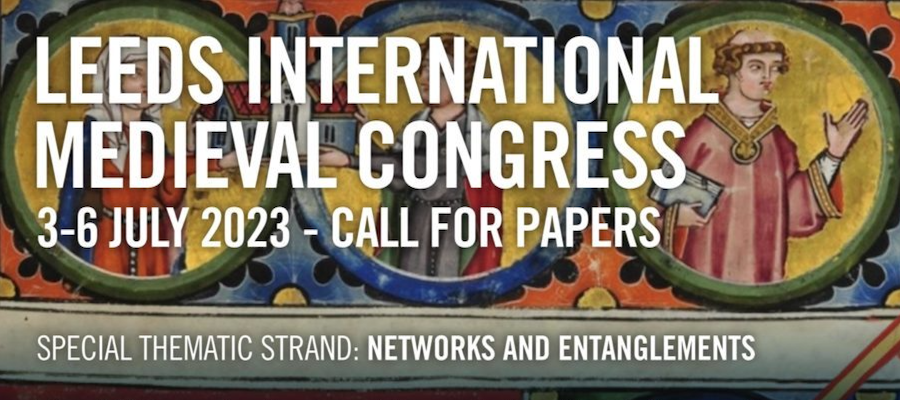Silence & Silencing in the Middle Ages, session at the 2023 International Medieval Congress, University of Leeds, July 3–6, 2023
As a discipline, Medieval Studies often centres on ‘presence’: such as the socio-material impact of particular historical moments; or evidence for the influence of elite/prominent individuals; or the extraordinary survival of mediaeval artefacts, manuscripts, images, and texts. Absent, damaged, lost, and otherwise silent or silenced sources tend to be regarded as problems with no clear solutions. Whether produced by neglect or negligence, inaccessibility or illegibility, these silences shape what are regarded as the ‘proper’ objects of scholarly inquiry. Only recently have medievalists (Rajabzadeh 2019, Andrews 2020) questioned the privileging of an always-imaginary certainty and objectivity in historical research at the expense of a more creative range of methodologies that embrace the affective and speculative possibilities of ephemeral evidence.
This series of sessions asks how attending to silences and silencing might further our understanding not only of the premodern past but the discipline of Medieval Studies itself. What does silence mean in a variety of material and textual contexts? What threads are missing from our discussions of mediaeval networks and entanglements and what explains their absence? By centering study on absences, silences, and gaps, how might medievalists engage in a practice that unsettles the underlying assumptions of the discipline?
Topic may include (but are not limited to)
- Absences, Gaps, and Lacunae in Textual or Material Records
- Anticolonial, Antiracist, and Anticanonical Approaches
- Ephemera as Evidence
- Erasure and Erased Medieval / Medievalist People and Communities
- Strategies of Silencing
- Ways of Hearing, Listening, and Touching the Medieval Past
Since this series of sessions endeavours to offer silence as a subject of interdisciplinary inquiry, we welcome papers that hear the unheard from any area of Mediaeval Studies. We also warmly encourage papers that further nuance our understanding of silence and silencing in the medieval world and the modern academy, by engaging carefully and critically with assemblage theory, disability theory, critical race theory, postcolonial theory, queer theory, and other allied frameworks.
Session organizers
Basil Arnould Price
Brittany Orton
